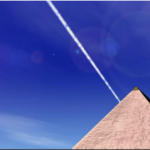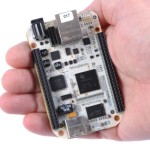 We're done with the editing of Episode #164 and here it is for your listening pleasure. In this episode, your hosts tackle topics from Bugbook computers to permanent amateur radio licenses, from Turing phones to Raspberry Pi computers and from antenna modeling software to lobster on pizza. We hope everyone will find something to enjoy. Please let us know by sending us feedback. We'd love to hear from you.
We're done with the editing of Episode #164 and here it is for your listening pleasure. In this episode, your hosts tackle topics from Bugbook computers to permanent amateur radio licenses, from Turing phones to Raspberry Pi computers and from antenna modeling software to lobster on pizza. We hope everyone will find something to enjoy. Please let us know by sending us feedback. We'd love to hear from you.
73 de The LHS Crew
Podcast: Play in new window | Download
